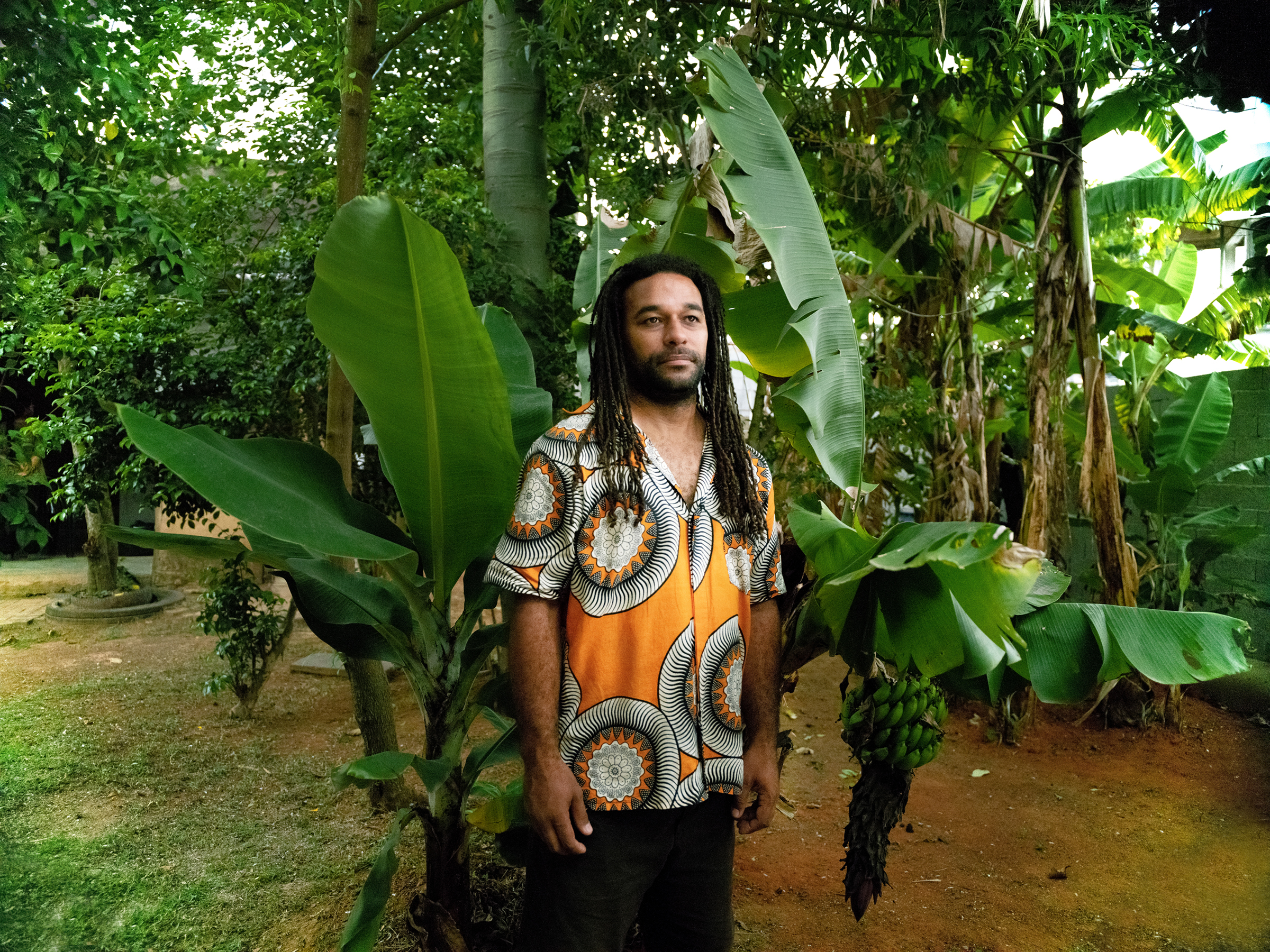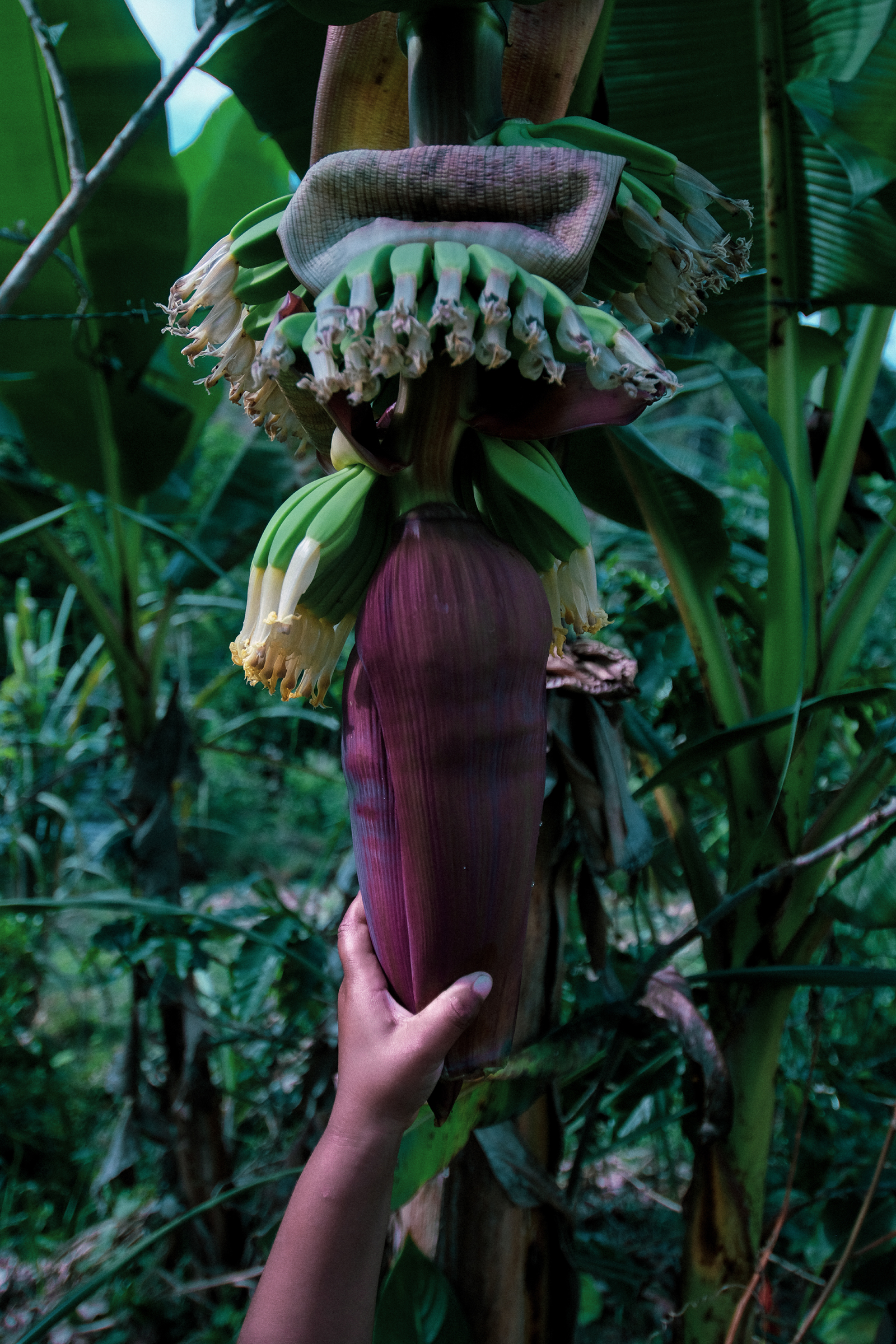“If racism does not take a break, neither will our fight”, says former Minister of Racial Equality
Professor Matilde Ribeiro analyzes the setbacks in social equality policies underway in the country
By Lu Sodré | November 20, 2020 07:57
“My stint in government only enhanced my political action”, says Matilde Ribeiro, a professor at the University for International Integration of the Afro-Brazilian Lusophony — Photo: Pedro Borges/Alma Preta
“Nothing about us done without us”. It is based on this principle that Matilde Ribeiro, chief minister of the extinct Secretariat for Policies to Promote Racial Equality (
Secretaria de Políticas de Promoção da Igualdade Racial, SEPPIR), thinks about the development of public policies against racism and echoes the multiple voices of the black movement.
Heading the portfolio created during the first term of Luiz Inácio Lula da Silva (Workers' Party), the role of the social worker and master in Social Psychology made the fight for racial equality gain more prominence in the Planalto Palace in the early 2000s.
It was after the creation of SEPPIR, dismantled after the impeachment of Dilma Rousseff, that the demands of the black movement occupied the government's agenda in a previously unprecedented way.
Recalling the immense list of claims, she is proud of the achievements that continue to bear fruit across the country. Among them the prioritization of policies aimed at remaining quilombo communities and the implementation of racial quotas in public universities.
“It is essential that the main manager, who is the President of the Republic, is convinced of the importance of these policies being implemented. When there is no credibility on the part of the manager, the positive direction of these policies is lost”, says the former minister.
She says that “he [Bolsonaro] talks nonsense, uses insults and takes it back at the same time like nothing has happened. As if that wasn't enough, there are other areas within the government that are having their management undermined, such as the Palmares Foundation, where the main leader does not value what the body's role is and demonizes the black movement, for example”.
In her opinion, Brazil is experiencing the consequences of strengthening conservative sectors that never conformed to the rise of policies to promote racial equality.
“We are in danger and we need to react to that. And the reaction only occurs with the confrontation of the black movement and by the democratic sectors of society”, she says.
On this November 20, Black Awareness Day, Ribeiro celebrates advances achieved from the coordination of the black movement, such as the proportional distribution of money from the Party Fund and the Electoral Fund to black candidates, and the election of any of these candidates in the last election.
Still, she stresses that the ongoing fight against racism, especially in the midst of conservative governments, should not be allowed to cool down.
“It is not because we have some actions in progress that racism ceased to exist. If racism does not take a break, neither will our fight. It is important that the processes of struggle and claims to change this reality are part of society's daily life. We can't take a rest.”
Today, however, the scenario is completely different. In an interview with Brasil de Fato, Ribeiro assesses that there is a notable setback in the racial agenda in the Bolsonaro government, where there is no body dedicated exclusively to the development of anti-racist policies.
Check out the full interview below.
Brasil de Fato — You were the first minister of the Secretariat for Policies to Promote Racial Equality here in Brazil. What did the creation of this executive body represent for the country and for the black movement? What were the portfolio's main achievements in the first decade of the 2000s?
Matilde Ribeiro — The creation of SEPPIR is based on a negotiation of the black movement with the Workers' Party and more parties of the coalition of the time. It was an old claim that there was a body that would carry out racial equality policies in the federal government. So, it was an achievement.
In that sense, the list of claims was immense. We made a choice of a path to follow, which took place with the prioritization of policies aimed at remaining quilombo communities, for the issue of quotas in public universities, the issue of education, considering that Law 10.639, which made the teaching of African and Afro-Brazilian history and culture nationwide compulsory, had already been sanctioned.
And from these, all the other claims as we made connections with different ministries and sectors of institutionality in Brazil.
We also created a forum called FIPIR (
Fórum Intergovernamental de Políticas da Igualdade Racial, Intergovernmental Forum on Racial Equality Policies) that established the connection between the federal government and local, state and municipal governments. This helped a lot to boost the relationship at the national level.
We also held in 2005 the first national conference to promote Racial Equality. All of these actions taken together boosted a political agenda that only grew stronger with each action.
This period was very dynamic, very intense, in policy development. And today they are asleep or left behind by the current government.
The racial quota policy, approved in 2012, gains great social prominence. How did the insertion of this policy impact Brazilian education? Was it a seed that allowed for further advances?
The quota policy is extremely important in higher education. Before its existence, it was rare for you to find, numerically, poor black or indigenous students within academia.
With the existence of quotas, there was an expansion and nowadays this quantity is visible. The photograph of public universities has changed.
I teach today at UNILAB (University for International Integration of the Afro-Brazilian Lusophony), which was also created with an alternative measure while Lula was president. It goes through the quota policy but is not exclusively about that, the key is the relationship with the Portuguese-speaking African countries.
So today we have in a classroom Brazilian students from the interior, in general, because it is located in two cities in the interior. One in Bahia and another in Ceará. They are quilombola, indigenous, riverside students, children of rural workers, rural workers as well as African students. The classroom has a great diversity.
What you get with that is you get closer to the real history of Brazil and you revisit our relationship with the African continent. This is UNILAB.
But in other universities, diversity is also extremely important and quotas have guaranteed that.
You promote an opportunity that, without quotas, as history shows, would be practically impossible. Education is one of the levers for social education in our country.
Currently it is common to hear certain revisionist sectors of the right that speak about reverse racism, militate against quotas. How do you evaluate these actions against the agendas of the black movement?
This is part of an institutional racism, embedded in Brazilian life, which not only prevents the participation of the black population as a citizen of rights, but also promotes ideas aversive to that participation.
The remedy for this is to make things happen. And the quota policy is an excellent exercise because Brazilian universities can only benefit by guaranteeing diversity within them. It is a healthy exercise that breaks the logic of this structural and institutionalized racism.
In 2015, the secretariat was incorporated into the Ministry of Women, Racial Equality and Human Rights. What were the consequences for racial politics with Temer's arrival as president?
The merger of several secretariats into one meant a negotiation as far as possible at that time, but not necessarily an advance. Each secretariat itself has a specificity and all together do not necessarily get stronger. The junctions were not necessarily a demand of the black movement, but an institutional negotiation according to the moment of national politics.
But, in any case, the work continued and the minister at the time, Nilma Lino Gomes, ran this ministry incorporating the secretariats and did a very commendable job. Now, with the impeachment, with the coup against President Dilma and the arrival of Temer, many of the public policies developed since the first term of President Lula have been weakened.
They started to fade away. The racial equality policy suffered this weakening impact. Then they went missing with the Bolsonaro government.
This is visible, not only when we analyze the policies of the current government, but also the results of policies in the quilombos area. An entire policy implementation design was made, valuing the territoriality and the rights of quilombo communities and this policy is in a cast, currently paralyzed.
All policies implemented on the Racial Equality agenda are weakened. Although there are laws, we have the Law of Quotas, the Statute of Racial Equality, Law 10.639, these laws still exist but the execution, the movement, the dynamism of the policies has been redone.
We are now in the second year of the Bolsonaro government. How do you rate the racial agenda in this government with a president who accumulates racist statements made in a playful tone?
The Bolsonaro government is a government that stands in opposition to the rights of citizens and their social rights. There is a loss of rights in all areas: human rights, health, education, work. These are notorious setbacks. In addition, the population is placed at a loss with respect to racial equality, with a cut in public policies. The loss is very great.
Is Bolsonaro's stance reflected in the failure to implement public policies to combat racism? What is the interference?
Yes. It is essential that the main manager, who is the President of the Republic, is convinced of the importance of these policies being implemented. When there is no credibility on the part of the manager, the positive direction of these policies is lost. With that, the focus is lost. This is what is happening today.
He talks nonsense, uses insults and takes it back at the same time like nothing has happened. As if that wasn't enough, there are other areas within the government that are having their management undermined, such as the Palmares Foundation, where the main leader does not value what the body's role is and demonizes the black movement, for example.
Since you brought this up, before the Secretariat, institutionally, only the Palmares Foundation, founded in 1988, dealt exclusively with the racial issue in this country. However, now we have Camargo, who, as you said, called the black movement “damn scum”. He also said Zumbi dos Palmares enslaved black people and criticized Black Awareness Day. What does this type of individual at the forefront of the Foundation represent in the history of Brazil and black people?
It is the strengthening of conservative sectors that were never satisfied with the rise of policies to promote racial equality and today are support by the existence of negative positions about this policy. We are in danger and we need to react to that. And the reaction only occurs with the confrontation of the black movement and by the democratic sectors of society.
More than symbolic, the situation of the Palmares Foundation is an example of concrete action. An action that contradicts a political agenda that values that as long as there is racism, there is no democracy. This agenda is contradicted daily, by means of fallacies such as those uttered by this man.
















